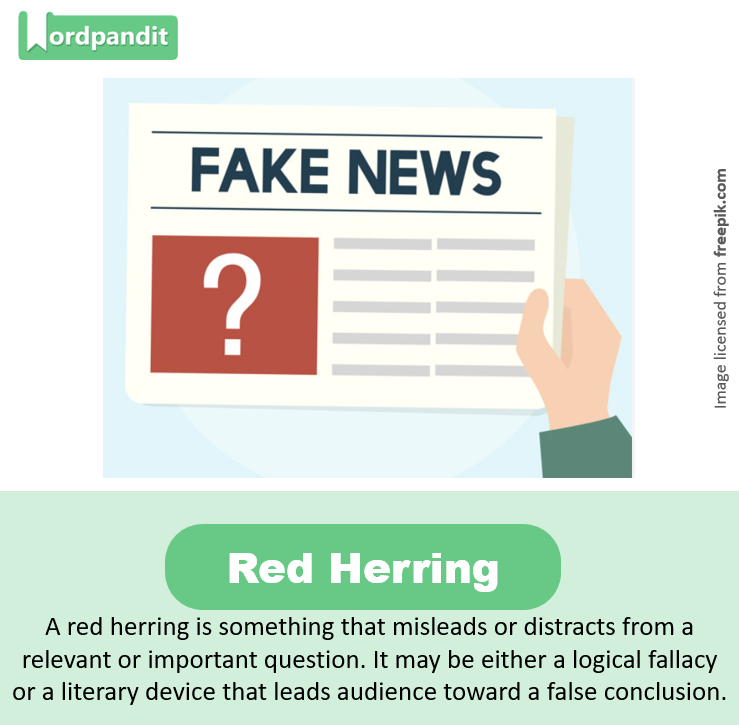

This fallacy is often called with its Greek name Ignoratio Elenchi. They may all belong to the Sierra Club, but their obsession with success blinds them” …Īnother fallacy that is rather distributed is so-called Irrelevant Conclusion. Theo Clark (2006) gives a good example of generalization fallacy made by psychologist Edward Deci about a school students’ parents, “…rewards are an element of their own obsession with achievement. For example: All Russians drink vodka all the time, because I knew few Russians who were drinking vodka all the time (or because many people say so). Very popular type of generalization is a Biased Sample, falsely considering typical for the whole population. Of course it is not proper to make such conclusions, however many people subconsciously consider generalization as a valid logic statement and use it oftentimes. Thus, everyone from my class (X) failed logic exam (Y). John (A) from my class (X) failed logic exam (Y) too Susan (A) from my class (X) failed logic exam (Y) Example of faulty generalization may be the following fallacy: The premise about sample attribute does not necessarily follow by the conclusion about population attribute. This generalization is faulty, as it is impossible to make accurate judgment about the attributes of group based on attributes of several samples of this group. The common logical structure of generalization is: Generalization with simple terms means making statement about the population based on the few samples only. One of the most often-used types of fallacies is Generalization Fallacy, related to inductive category of fallacies. Thus, learning popular logic fallacies can bring us closer to understanding reasoning and logic, hence mastering critical thinking skills. As long as people often make the similar mistakes for many times, the most distributed of them may serve as demonstrative examples to be examined. There exist around fifty logical fallacies (Gula 2002), however it is possible to distinguish most popular of them. Logical fallacies vary soundly according to categories, types, and structure. For example, examining logical fallacies is very useful to critical thinkers, as it helps understanding the most distributed wrong logical chains in human mind. As long as logic interrelates tightly to critical thinking, its techniques have significant meaning to critical thinking theory and practice. Therefore, any statement may be analyzed critically and examined according to logic. Indeed, critical thinking is a process of mind that involves numerous skills, including observation, analyzing, reasoning, and evaluating. “Critical thinking is a lot harder than people think, because it requires knowledge,” – said Joanne Jacobs, modern columnist and writer.


 0 kommentar(er)
0 kommentar(er)
